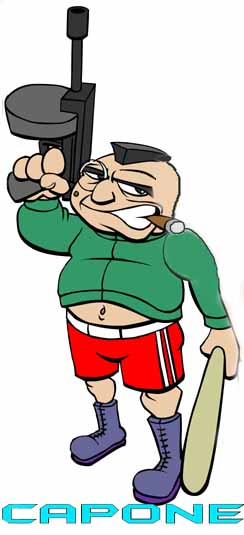Ain't It Cool News (www.aintitcool.com)
Movie News
Capone talks PEOPLE LIKE US, the changing nature of family, and a little STAR TREK 2 with writer-director Alex Kurtzman and star Chris Pine!!!
Hey everyone. Capone in Chicago here.
Readers Talkback

